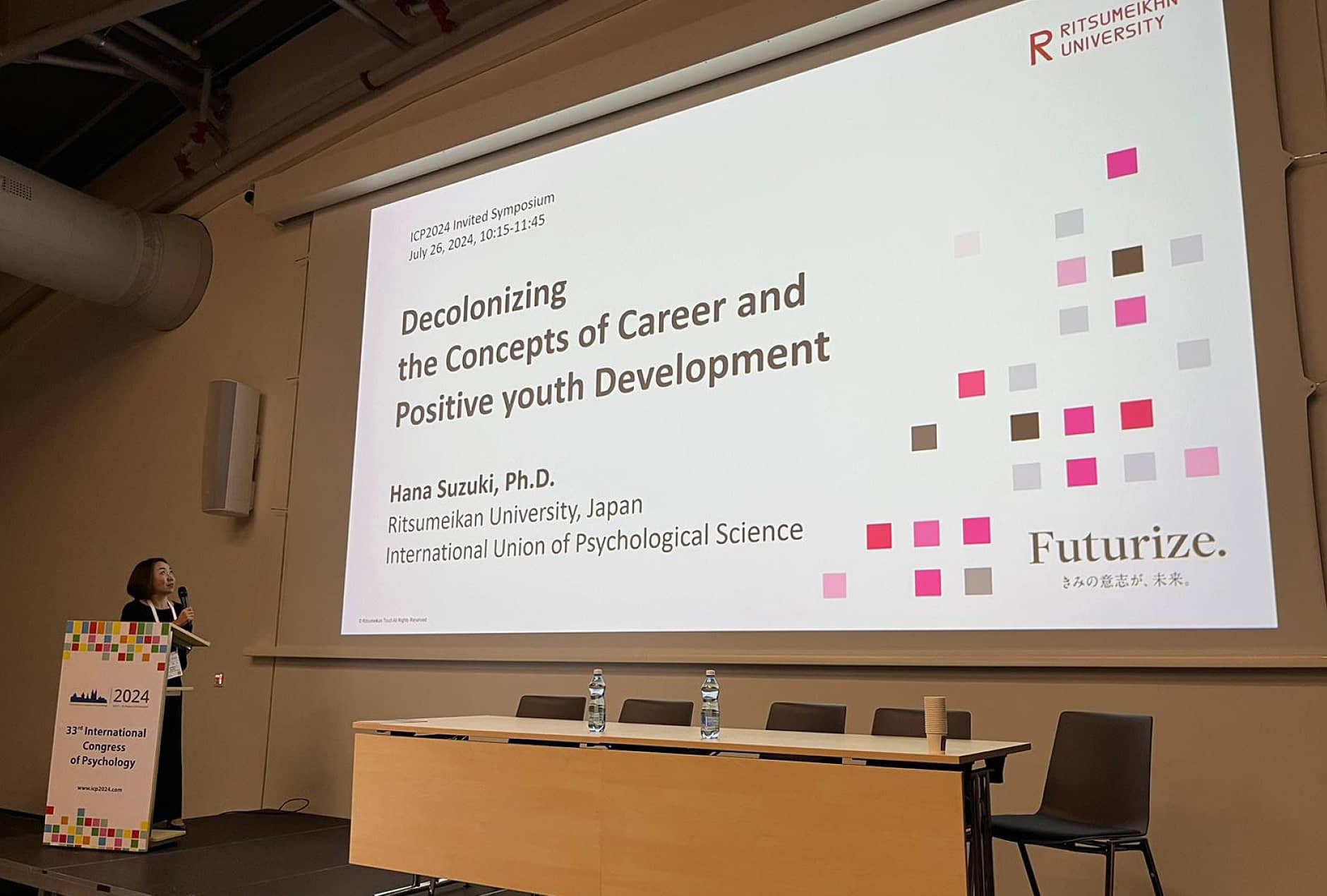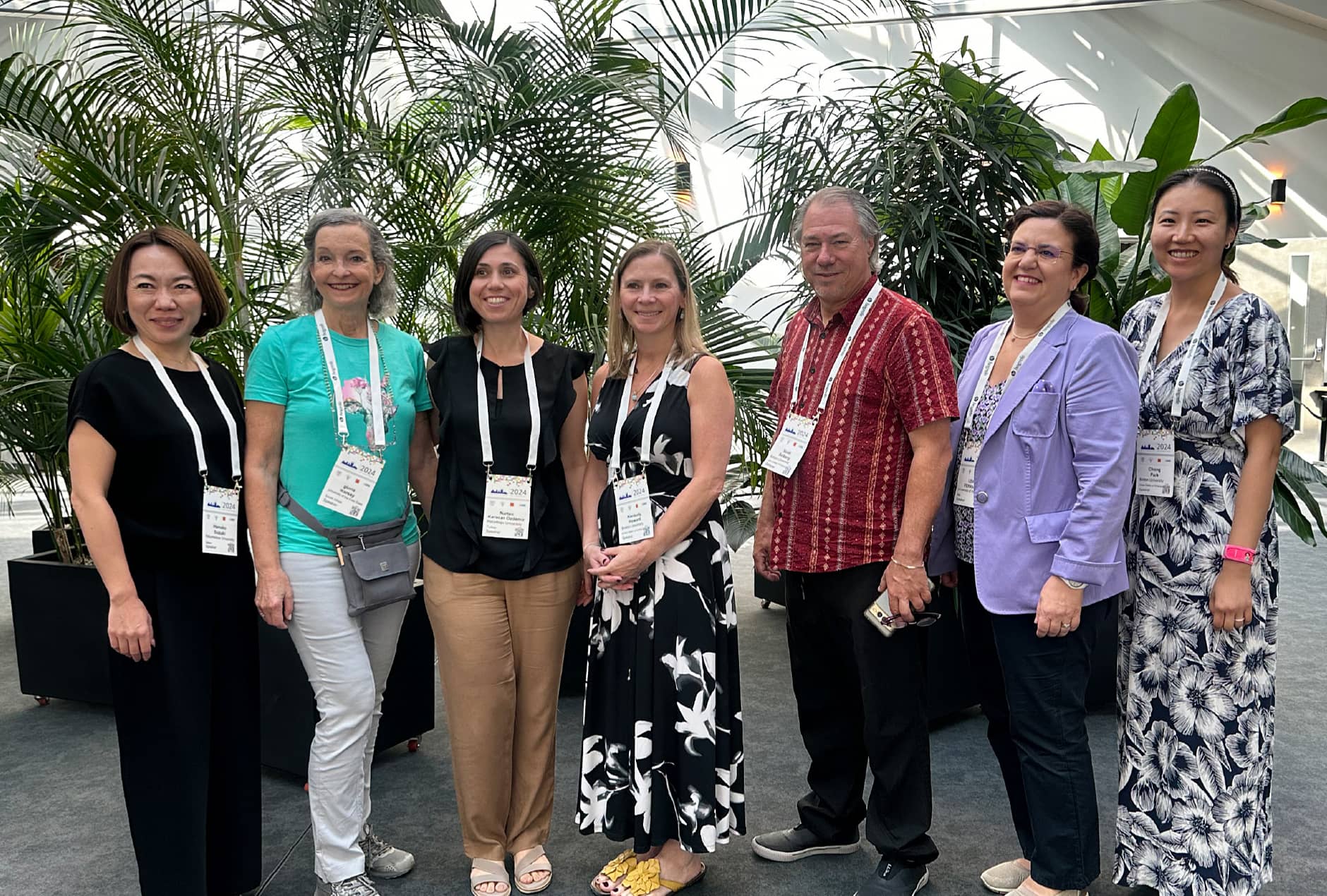Outline of collaborative research
International psychology research has often applied Western concepts through simple linguistic translation, without considering local socio-cultural contexts. This study explored the cultural translation of psychological concepts, particularly focusing on social and emotional learning, with an emphasis on decision-making in educational settings. The research analyzed qualitative data from teachers across nine countries to understand how decision-making skills are implemented in classrooms and schools.
Through cluster analysis and Latent Dirichlet Allocation, the study identified four distinct patterns among the participating countries. Some nations viewed decision-making primarily as a survival skill (South Africa, Burkina Faso), while others approached it as a process of negotiation with authority figures (Greece, Turkey). A third group emphasized the influence of adults in children’s decision-making processes (Italy, Poland, Japan, Romania), and the fourth group focused on management skills (Turkey, U.S.).
These findings were examined within each country’s unique social, cultural, and historical contexts. The study underscores the critical importance of adapting educational and psychological practices to local contexts for psychological science to effectively serve society’s needs, rather than simply applying Western concepts universally.
Papers, etc.
Peer-reviewed
- Kanzaki, M., & Suzuki, H. (2022). School refusal as a representation of questioning normality: Understanding the richness of socio-cultural transitions. Culture & Psychology, 29(3) 644–659, https://doi.org/10.1177/1354067X221146487
Non-peer reviewed
- Kounenou, K., Kournousi, N., Ferrari, L., Suzuki, H., Kanzaki, M., Andrei, A., Scoda, A.-D., Marsar, G., Bacanli, F., Ozdemir, N. K., Park, C. M., & Solberg., V. S. (2023). The Role of empathy in improving SEL skills among educators and students in the era of COVID-19. In I. Gogolin & L. Ebersohn (Eds.), Global perspectives on education research, Vol. II: Facing challenges and enabling spaces to support learning. (pp. 114-139). Routledge. https://doi.org/10.4324/9781003147145
- Suzuki, H. & Kanzaki, M. (2022). Cultural translation of SEL to Japanese educational contexts: Teachers’ perspectives on cultivating SEL competencies. In A. Smart & M. Sinclair (Eds.), NISSEM Global Briefs: Educating for the social, the emotional and the sustainable. Volume III: SEL in context. (pp. 50-63). NISSEM.
Symposia, seminars, etc.
International symposium presentation
- Suzuki, H., Howard, K., Ferrari, L., Ozdemir, N., Park, C., Kanzaki, M., Marsay, G., & Solberg, S. (July 2024). Decolonizing the concepts of career and positive youth development. Invited Symposium presented at the International Congress of Psychology 2024, Prague, Czech Public.
- Park, C. M., Suzuki, H., Kanzaki, M., Qi, X., Shin, T. S., Oh, E., & Solberg, V. S. (November 2023). Decolonizing methodologies: Understanding SEL research and practices in China, Japan, and South Korea. Invited Symposium presented at the World Education Research Association Focal Meeting. Singapore.


Future prospects/aspiration
The research on cultural translation on psychological concepts has gained attention from colleagues around the globe, especially from those residing in non-Western parts of the globe. Psychological research has been criticized as ‘WEIRD,’ as vast majority of the research published has been conducted with participants from Western, Educated, Industrialized, Rich and Democratic countries. As psychology examines the mind of the humans, it is particularly important to consider the worldviews of the people whom we investigate. I am currently planning to start new research on cultural translation of the concepts related to mental health and well-being.
